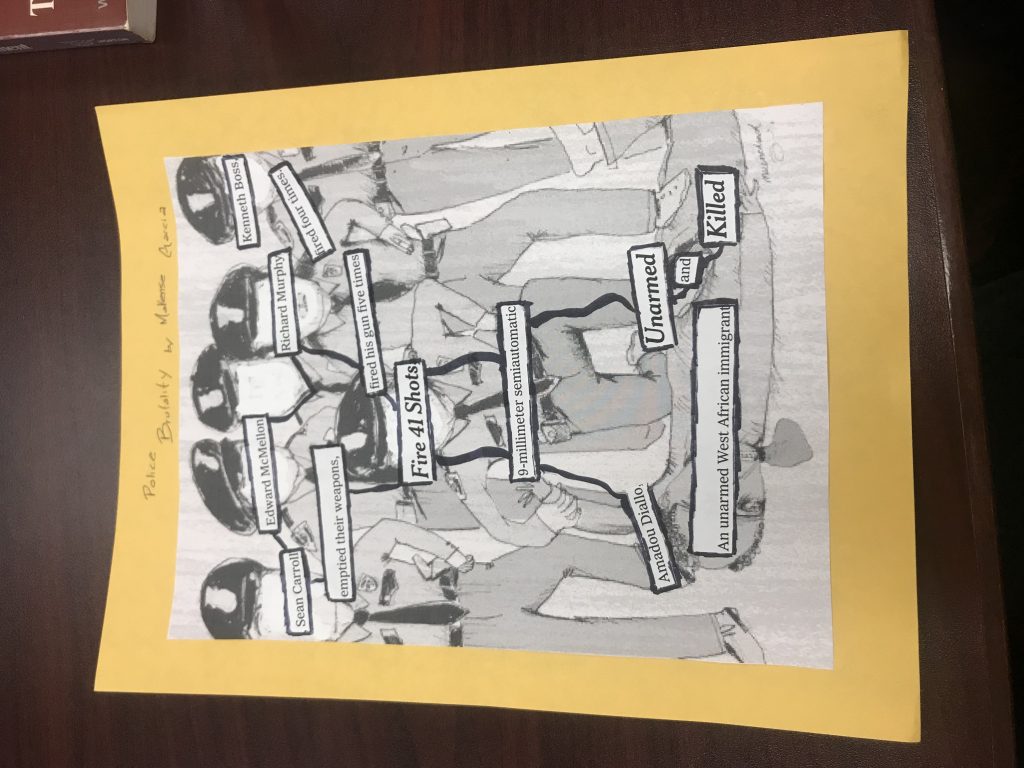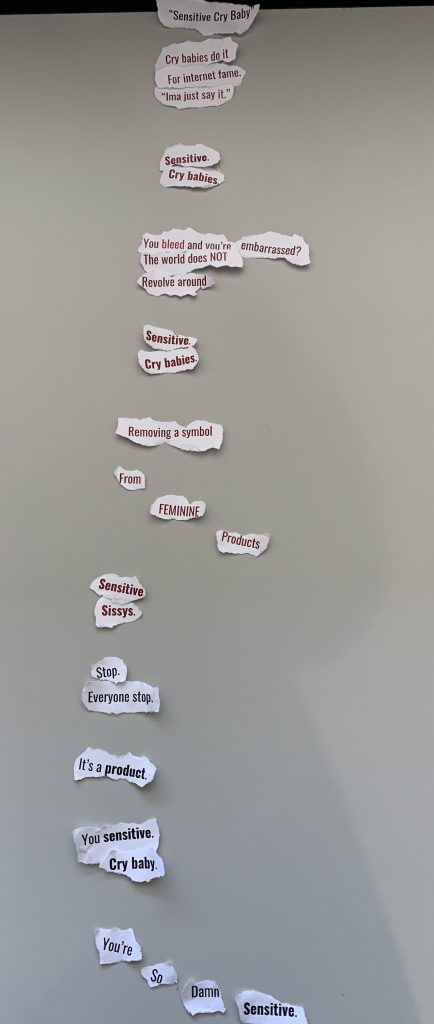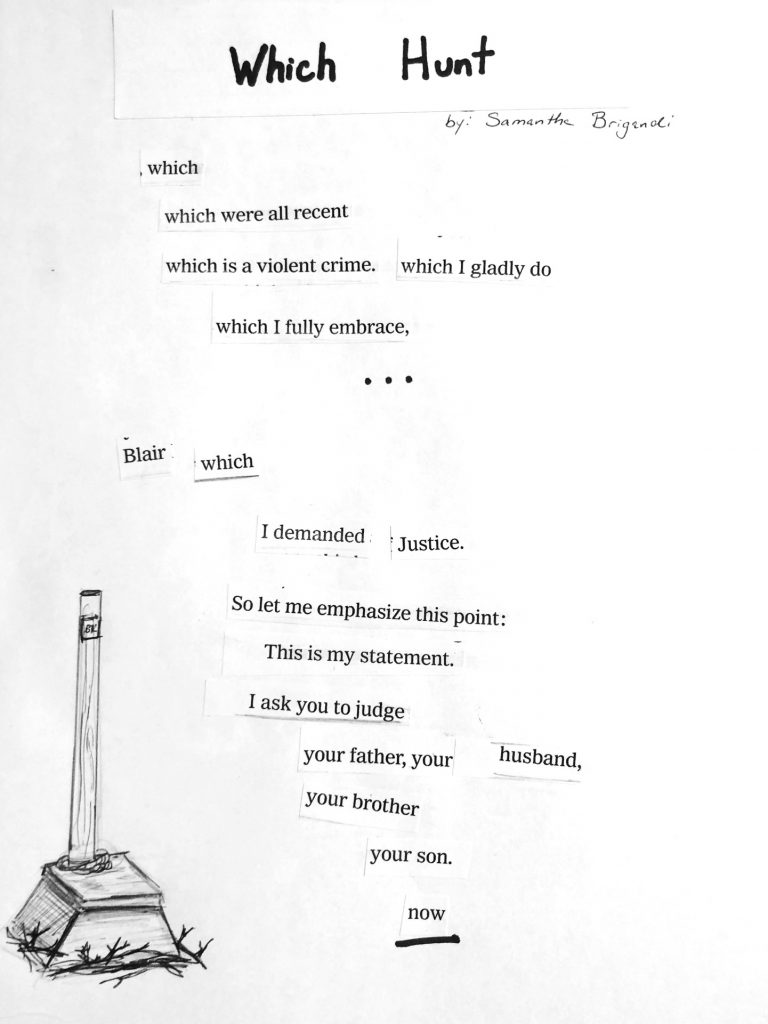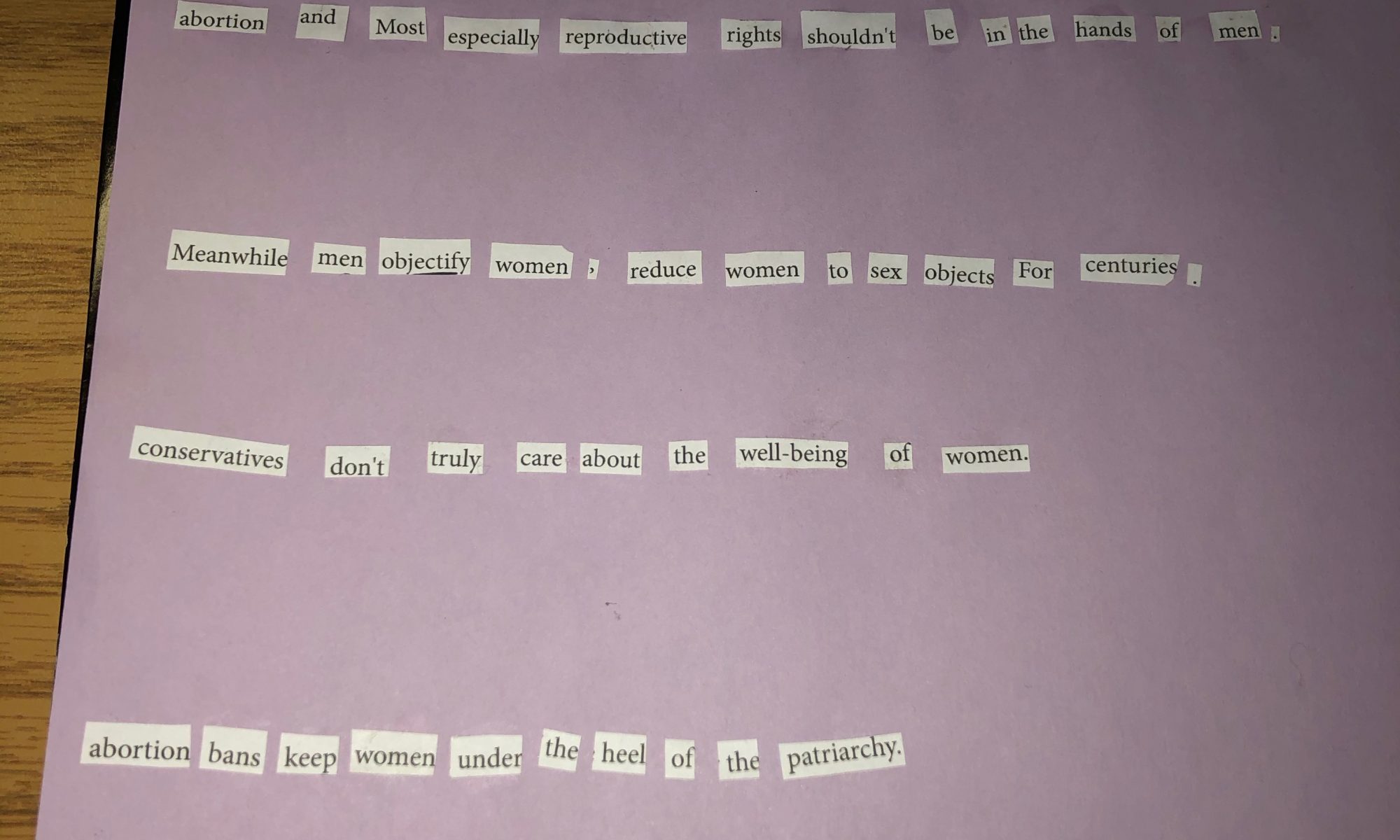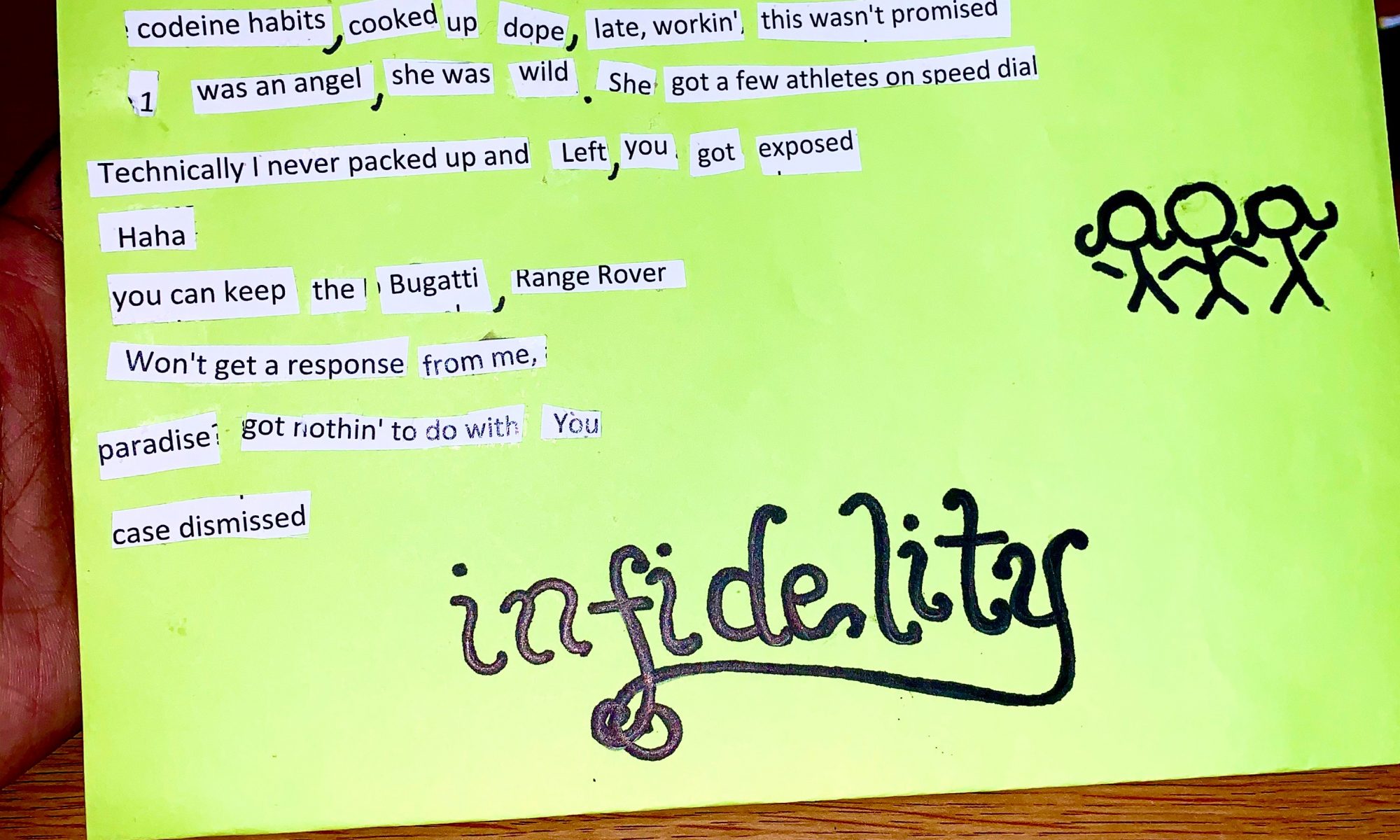In the book, Citizen: An American Lyric, by Claudia Rankine, the reader is given several examples of injustices against African Americans. These examples include Serena Williams, Trayvon Martin, Rodney King, Mark Duggan, and more. All of these individuals faced injustices due to their skin tone in multiple ways, showing that racism can appear in a multitude of ways. Some of these injustices include poor calls made on the tennis court, and injustices faced from white police officers. The injustices faced by Serena Williams are a bit tougher to realize, as they are microaggressions and meant to be hidden. Unlike Rodney King and Mark Duggan, Serena’s hardships did not include violence, so it was not heavily covered and their was minimal efforts to make any improvements. Microaggressions have hindered African Americans for many years, and they are not going anywhere as their will always be some form of racism in the world (as long as their are different races). These microaggressions will stay apparent, and be attempted to try and limit the full potential of African Americans.
Microaggressions towards Serena Williams can be seen all throughout Rankine’s text. One example is when Rankine states, “Subsequently, a ball that Stosur seemingly would not have been able to return becomes Stosur’s point. Serena’s reply is to ask the umpire if she is trying to screw her again” (Rankine, online book page 41). The previous quotation exemplifies just one microaggression that Serena Williams faces throughout her career. Although she encounters multiple microaggressions, Serena Williams never gives up and keeps attempting to play through the hardships thrown at her. Serena never wants to quit a match no matter how poor the calls against her are, she just wants to keep trying harder to get past the obstacles thrown in her direction. Serena is well aware that the calls are being made to favor her white opponent, as tennis is an extremely white sport and it is being gauged to have a white winner. Rigging in sports mainly occurs with gambling, but in Serena William’s case it is done to create a favorable winner in the match (the white opponent). She is in a practically all white scene and is attempted to be pushed out with poor calls due to her skin pigment. For Serena this proves true when a picture states, ” I feel most colored when I am thrown against a sharp white background” (online book page 62). As Serena Williams is playing in a white dominated sport, she is often cast into an all white background. The microaggressions of unjust calls put her into an extremely uncomfortable position. However, she makes the best choice and pushes along, knowing that she is talented enough to be playing amongst white people in the crowd who want her to lose and knowing her presence and good performances bring them sorrow. For racists that would find pleasure with the downfall of Williams, they would prefer for her to act out when microaggressions are displayed to her. This is because a negative reaction will come with a hefty fine and a ban as well (this was seen the only time Williams displayed a negative reaction following a microaggression). By not acting out, Serena Williams is properly combatting these injustices, as by acting out she would be providing people with the reaction they want to see and she would also face negative consequences. Perhaps Serena evolves into a much more calm player is because she realizes that she cannot prevent microaggressions, on or off the court, so all she can do is ignore them. When facing microaggressions & injustices the proper response is to strive through, and Serena Williams exemplifies that. Yet in sports, others have also faced microaggressions, and responses and actions heavily affect the outcome.
Microaggressions are extremely common to a racial degree in sports, and it has been seen with athletes other than Serena Williams. For example, one major microaggression has been keeping Colin Kaepernick out of the NFL, and to make sure he isn’t signed by any team. Colin Kaepernick is an ex-NFL Quarterback and he was the first one to kneel during the National Anthem. Many view Kaepernick’s actions as hatred towards America, but Kaepernick’s reasonings are known once he states, “I am not going to stand up to show pride in a flag for a country that oppresses black people and people of color” (Wyche, Kaepernick Explains). Kaepernick’s true reasons for kneeling are completely viable, as he is showing regard and concern for others who face injustices. Even with him explaining this, people still ran with the interpretation that Kaepernick hates America and the troops, as that gains more attention than pointing out racism. However, in a sport that is regarded as “America’s Sport,” Kaepernick’s actions that were interpreted for the worst created a virtual blacklist for him so he wouldn’t get any football jobs. Once Kaepernick opted out of his contract with the 49ers he found it impossible to find another job in the NFL, as the white owners did not want a player who disliked America (even though this was not the case). Although several other NFL players also followed suit with Kaepernick and also kneeled, he faced most of the backlash as he was the first one to do it, so the media and everyone else began to villainize him. For African Americans playing sports, they face microaggressions all the time whether it be on or off the court. Their reactions to these microaggressions can determine an African Americans athlete more so than talent or skill sometimes. For Serena Williams she handled these microaggressions gracefully for the most part, ignoring them. However, for Kaepernick his actions blew up too much and he found himself blacklisted from the NFL.
Discussion Questions:
- If you were in Serena Williams shoes, would you have handled any of the microaggressions differently from how she did?
- Name one other scenario in sports where you recognized a racial injustice towards an athlete, also note that athletes response.
Works Cited:
- Rankine, Claudia. Citizen: an American Lyric. Penguin Books, 2015.
- Wyche, Steve. “Colin Kaepernick Explains Why He Sat During National Anthem.” NFL.com, 27 Aug. 2016, http://www.nfl.com/news/story/0ap3000000691077/article/colin-kaepernick-explains-why-he-sat-during-national-anthem.
